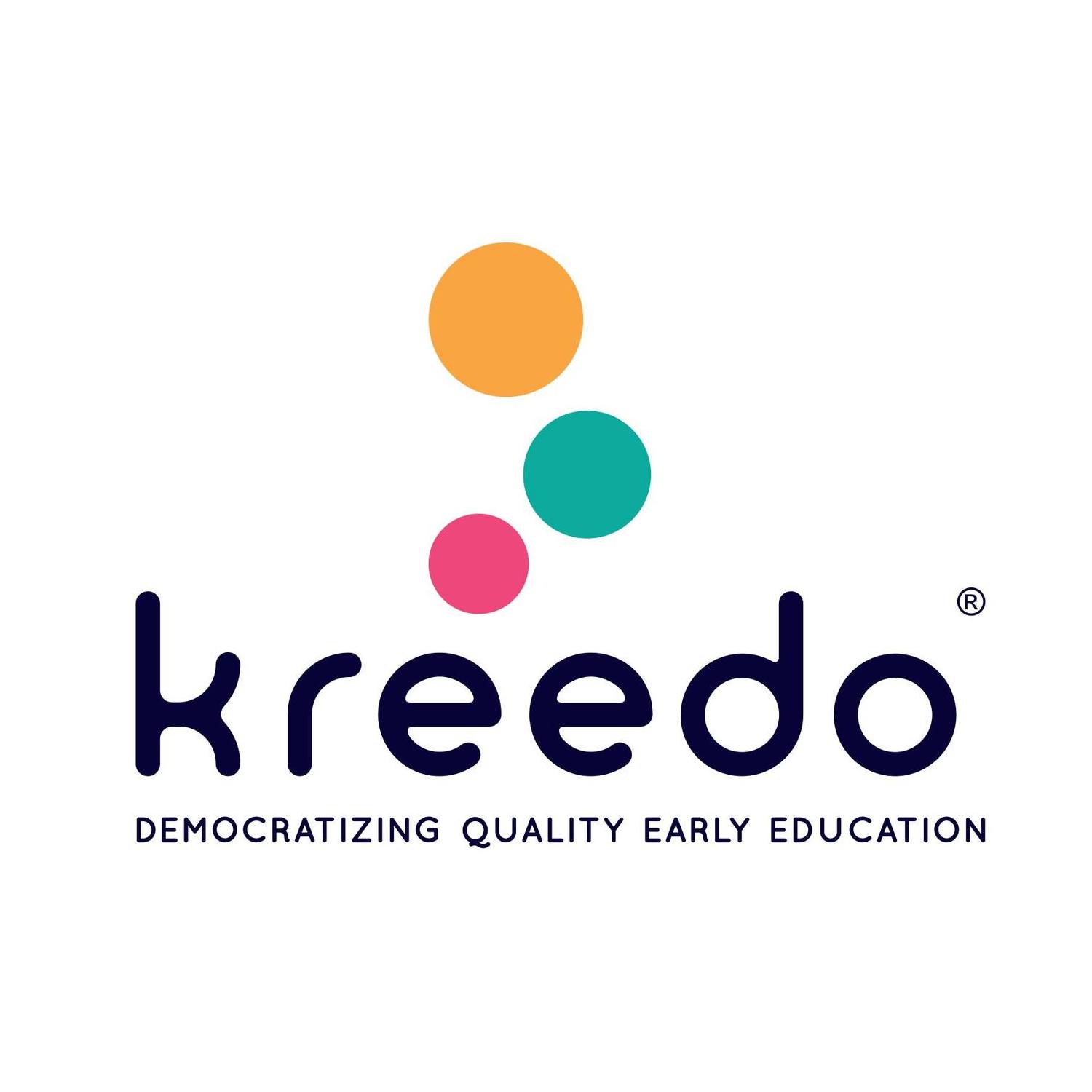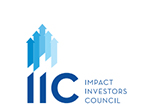|
Enterprise Showcase
Dialogue with Manikandan Krishnan, Co-Founder, Kreedo Early Childhood Solutions
|
|

1
Kreedo has taken a differentiated, non-franchise approach to early education in affordable private schools. Can you elaborate on how this model integrates scalability with sustained impact? What have been the critical design choices—pedagogical, operational, or technological—that enabled this balance, especially in low-income settings?
|
Kreedo’s non-franchise approach to early education is designed to solve a key problem: How to deliver high-quality foundational learning at scale without the overhead costs and rigidity of a traditional franchise model. We have always been fiercely outcomes-driven, and our non-franchise approach ensures quality, adaptability and profitability.
Our core business philosophy revolves around the idea that “education is not a commodity.” With that in mind, we opted for a non-franchise approach, focusing on developing entrepreneurs rather than large-scale operations of running our own schools. This has ensured that scale does not dilute quality because local ownership fuels long-term success. The key highlights of our solution include:
- Productized Learning System, which means teachers have to be guides rather than teachers, thus reducing adult dependency, and increasing self-learning via experiences, which is the best way for children to learn
- A holistic, ready-to-use, modular curriculum for early years, taking care of all learning outcomes with nothing more needed outside the system
- Physical materials + teacher-friendly lesson plans, covering a clear year-long academic plan
- Pedagogical Design is unique and playful; we have managed to take play-based learning to a large scale, effectively
- Teacher Enablement at Scale
- Operational Simplicity
- Technology: Through our 6T curriculum app, we are able to:
- Monitor classroom implementation at scale
- Track student learning outcomes
- Provide schools with feedback and support
|
2
Over the last decade, education has evolved from a grant-dependent sector to one attracting commercial and catalytic capital. What structural shifts—policy, investor appetite, or delivery innovation—have driven this change? Looking ahead, what systemic levers are most critical to unlocking scale and equity in education for underserved markets?
|
Policy Liberalization & Government Push has opened up the education ecosystem by encouraging private sector participation, especially in pre-primary and foundational stages.
NEP 2020 has formalized the importance of early learning and recognized non-state actors as legitimate partners.
To a large extent, B2C players glamourized this space, showing investors that education can happen outside the schooling system. While that sector did not have the expected outcomes, it is shifting investor focus to the more sustainable school ecosystem that needs change and investments. Children spend a large part of their productive day in school, and more people recognize that this is the sector than can impact learning for life.
Delivery Innovation: Productization & Tech: Organizations are moving away from labour-intensive, grant-funded models to productized solutions (e.g., curriculum kits, teacher apps, assessments) that are scalable and replicable.
Robust Impact Measurement & Evidence Sharing has been a focus area for several companies, but it has not yet reached the scale it can.
|
3
Which segments within education—early childhood, foundational literacy, skilling, or teacher capacity—offer the most compelling intersection of impact depth and market viability today? Are there emerging white spaces or undercapitalized opportunities investors should be watching?
|
While all these areas are white spaces, the most compelling are:
Foundational Literacy:
-
In English, while reading and writing have made some headway, communication remains extremely backwards. An area that is likely to be plugged in very soon, and can be a game-changer for education. This could mean apps with local language content, gamified learning apps for spoken English and so on.
-
Teacher capacity: Multiple agencies are working to improve this, and there are several AI/Tech Platforms for Teacher Development. Most of these remain B2C in their approach, which is a challenge. There will be more solutions coming up within the school system to make this change, and we too have launched a solution to make an impact here.
|
4
Education enterprises often struggle to balance scale, quality, and affordability. What structural or financing barriers hinder sustainable growth in this sector? Can you share how models like outcomes-based financing or blended capital have—or could—shift the risk-return equation for ventures like yours?
How can innovative financing models like outcomes-based financing, blended finance, or revenue-based funding be applied to the education sector in India and play a catalytic role?
|
Multiple schools and institutions are serving children from extremely low-income backgrounds at heavily subsidized rates. They have an annual fee in the range of Rs 5000 to Rs 12000, depending on their location. Outcome-based models would work wonders to bring schools such as these under learning umbrellas like Kreedo, by subsidising a portion of the solution based on outcomes, supporting teachers’ salaries or additional remuneration for schools for every outcome milestone they cross. Measurements of learning could be more standardized in areas of foundational literacy and numeracy.
|
5
Kreedo focuses heavily on teacher empowerment and learning outcomes. In your view, how should success in the education sector be defined and measured beyond financial returns? What indicators or frameworks do you find most effective in capturing educational impact—especially in low-income or resource-constrained settings?
|
- Learning Outcomes and Student Progress, Sustainability of Impact:
Tracking how a child with strong foundational learning does after 5-8 years as compared to a child from similar settings without a quality foundational learning program
-
Teacher Empowerment, Teacher skill assessment, Improvement in teacher salaries that will come out of better teachers and education being more valued
-
Cost-Effectiveness and Efficiency: Quality early education to be more recognizable as a parameter of success for parents, and should be more accessible and affordable. Cost of quality education per child in private versus governmental versus non-profit backgrounds in various countries can be a great futuristic way to transform education
|
|
|
Manikandan Krishnan, Co-Founder, Kreedo Early Childhood Solutions
Manikandan Krishnan is the Co-Founder of Kreedo Early Childhood Solutions, a pioneer in
transforming early childhood education in India. With over two decades of experience in
building scalable education solutions, Manikandan has led Kreedo’s growth to 3,500+
schools, impacting over 700,000 children across the country. He holds a B.Tech in
Aerospace Engineering from IIT Bombay and an MBA in Marketing from the Indian Institute
of Management, Calcutta. His mission-driven leadership has consistently delivered
measurable learning enhancements, with Kreedo’s play-based, child-led methodology
improving learning outcomes by over 50% compared to traditional models. He is deeply
committed to creating equitable, high-quality learning experiences that empower every child
to thrive.
About Kreedo
Kreedo Early Childhood Solutions is transforming early childhood education in India, having
impacted over 7,00,000+ children across 3,500+ partner schools. With a mission to
democratize access to quality foundational learning, Kreedo enables schools to deliver 50%
better learning outcomes through its unique, scalable 6T framework—integrating toys
(learning materials), theory, timetable, training, technology, and teamwork. Kreedo’s end-to-
end solution combines activity labs, scientifically designed materials, structured curricula,
teacher training, and digital tools for children, teachers, school owners, and parents. Kreedo
empowers schools to grow under their own brand, driving sustainable, high-quality education
at scale and nurturing independent, confident learners.
|
|
About Impact Investors Council:
Impact Investors Council, India (IIC) is a member-based national industry body formed with an
objective to build and strengthen the impact investing eco-system in India. To know more about our work visit https://iiic.in or reach out to secretariat@iiic.in
|
Disclaimer: Data and Information in this newsletter is made available in good faith with the exclusive intention of helping market and ecosystem players, policymakers and the public build a greater
understanding of the Indian impact investing market. The data is collated from sources believed to be reliable and accurate at the time of publication. Readers are urged to exercise independent judgment and diligence in the
usage of this information for any investment decisions
Some of the information provided in this newsletter is supplied by third parties. It is important that all users understand that third party information is not an endorsement of any nature and has been put together with the
sole purpose of benefiting stakeholders.
|
| Unsubscribe |
|
|
|


